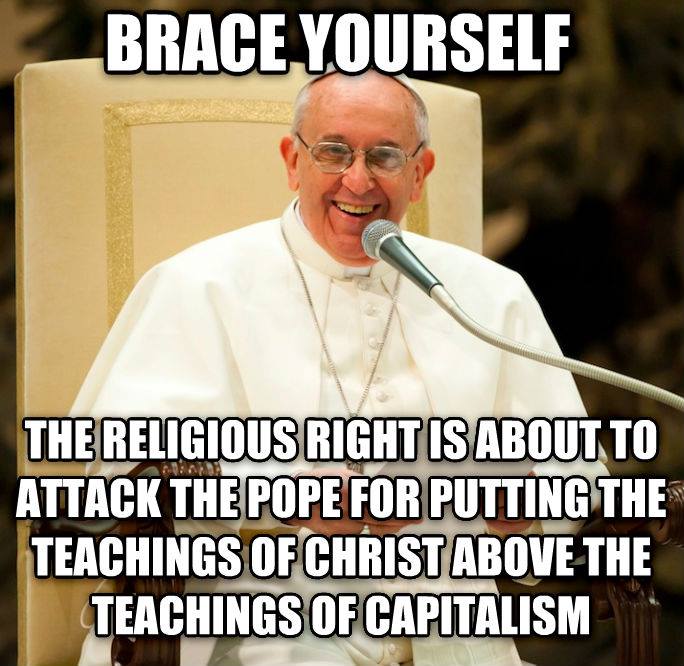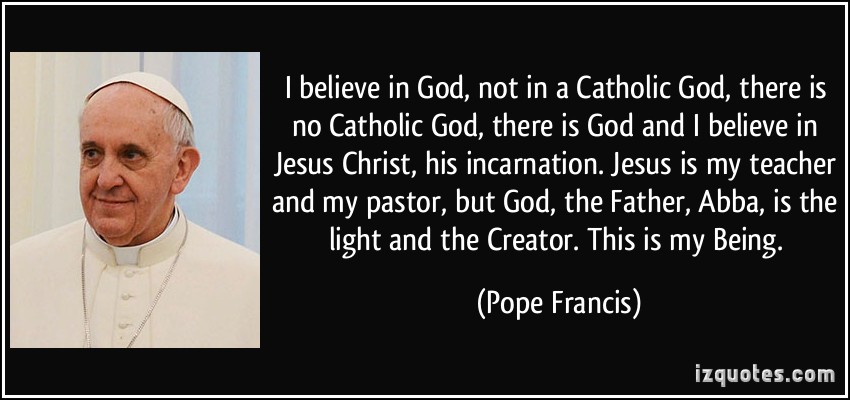parousia70 said in post #135:
The Hebrew/Biblical understanding of Jerusalem is that she is the "Chief of the nations" (Jeremiah 31:7; Ez 5:5), the Queen city of the earth (Lam 1:1/Rev 18:7).
Regarding Jeremiah 31:7, note it can be an exhortation to the people in powerful ("chief") Gentile nations to sing, shout and pray
for the nation of Jacob/Israel, not that Jacob/Israel actually ruled over them, as the figurative Babylon of Revelation chapters 17-18 rules over them (Revelation 17:18).
Regarding Ezekiel 5:5, note it says only that Jerusalem has been set "in the midst" of the nations, not that it reigns over them.
Regarding Lamentations 1:1, note it says "tributary" Jerusalem only "was" "great" "among" the nations, not that it reigns over the nations (Revelation 17:18). And Lamentations 1:1 referred back to when Jerusalem, before its destruction in 586 BC, was only a "princess" "among" "provinces", not a queen over the earth (Revelation 18:7, Revelation 17:18).
parousia70 said in post #135:
She, by Divine right and covenant, was appointed as the head of all nations (Deut 26:19; Deut 15:6; Deut 28:1,10-13), and the gentile kings recognized God's dwelling was at Jerusalem with the Hebrews (1 Ki 10:24; Luke 11:31; Ezra 1:2; Dan 2:47, 3:28-29, 4:1-3, 4:17, 4:34-37; Ezra 1; Ezra 4-7; Ezra 7:15,23).
Regarding Deuteronomy 26:19, note that it, like Deuteronomy 28:1,10-13, referred not to Jerusalem but to the people of Israel. And it can mean they were "high" above all nations in God's eyes (Deuteronomy 32:10), not that they ever actually ruled over the kings of the earth (Revelation 17:18).
Regarding Deuteronomy 15:6, note it referred not to Jerusalem, but to the people of Israel, who reigned over "many" nations only around the time of David (1 Chronicles 18:11).
Regarding 1 Kings 10:24, note that it, like Luke 11:31, refers only to Solomon's wisdom, not to Jerusalem actually reigning over the kings of the earth.
Regarding Ezra 1:2, note it refers to an ancient king of Persia, not to Jerusalem, ruling over the kings of the earth.
Regarding Daniel 2:47, note that it, like Daniel 3:28-29, Daniel 4:1-3, Daniel 4:17 and Daniel 4:34-37 refers to God as the supreme ruler, not Jerusalem.
Regarding Ezra 7:15,23, note that it, like Psalms 22:28 and 1 Chronicles 29:11-12, doesn't say or mean Jerusalem (rather than God Himself) ever reigned over the kings of the earth (Revelation 17:18).
parousia70 said in post #135:
Yet, Jerusalem was also famous for becoming The Harlot City -- an unfaithful spouse to her King (Isa 1:21; Jer 3:6-10; Ez 16:37-39).
Note that passages like Ezekiel 16 calling Jerusalem a "harlot" don't require Jerusalem alone must be the entirety of what the symbolic harlot "Babylon" in Revelation chapters 17-18 represents, just as, for example, Nahum 3:4 doesn't require Nineveh alone (Nahum 1:1) is the entirety of Revelation's "Babylon". Also, Isaiah 23:15-16 doesn't require Tyre alone is the entirety of Revelation's "Babylon". And Ezekiel 23:4-8,44 doesn't require Samaria alone is the entirety of Revelation's "Babylon". And Jeremiah 3:6-7 and Hosea 4:15 don't require the northern kingdom of Israel alone is the entirety of Revelation's "Babylon". And Ezekiel 20:30 and Ezekiel 43:7 don't require the house of Israel alone is the entirety of Revelation's "Babylon". And Hosea 5:3 and Hosea 6:10 don't require Ephraim alone is the entirety of Revelation's "Babylon". Instead, the corrupt aspects of all these, and of all other cities and nations throughout the earth and throughout history, can be included as only parts of what Revelation's "Babylon" represents.
Ezekiel 16:46 shows that the corrupt aspects of the harlot "sisters" Samaria, Jerusalem and Sodom all arose from one, other mother, who would be the symbolic (and worldwide) "Babylon" in Revelation chapters 17-18, the "mother" of harlots (Revelation 17:5).


